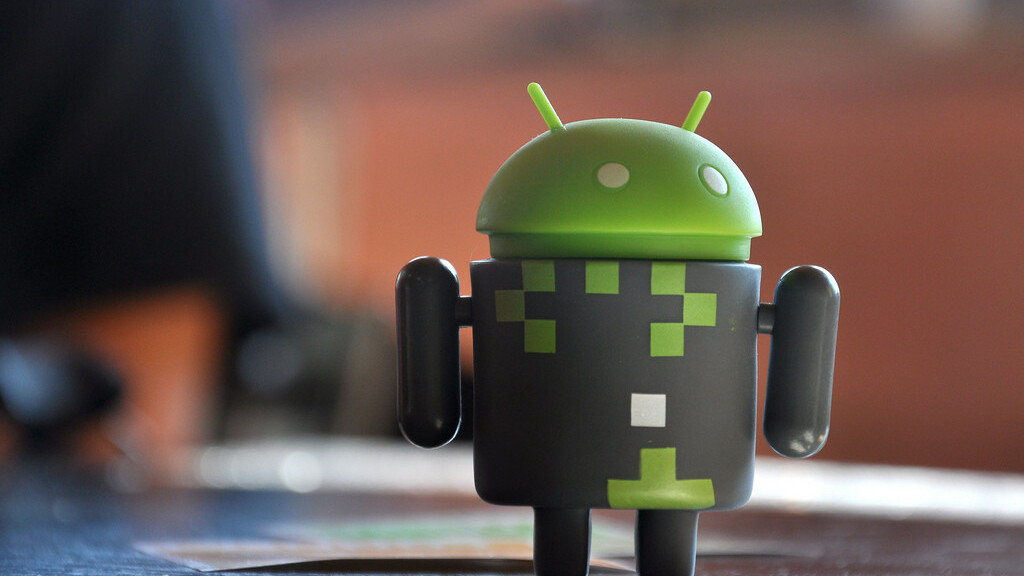
Google has denied comments from AT&T CEO Randall Stephenson suggesting that it gives preferential treatment and access to new Android platforms to some operators, as 9to5Google reports.
In an effort to clarify Stephenson’s suggestion that it has its favorites, the firm has said that it doesn’t discriminate and makes the latest versions of its Android platform available to all.
A spokesperson told 9to5Google [via Business Insider]:
Mr. Stephenson’s carefully worded quote caught our attention and frankly we don’t understand what he is referring to. Google does not have any agreements in place that require a negotiation before a handset launches. Google has always made the latest release of Android available as open source at source.android.com as soon as the first device based on it has launched. This way, we know the software runs error-free on hardware that has been accepted and approved by manufacturers, operators and regulatory agencies such as the FCC. We then release it to the world.
It remains to be seen if Stephenson will provide any further comment. His suggestion that the firm wasn’t playing nicely with its partners is a controversial one and he should clear the air and clarify exactly what he meant.
The controversy flared up when a question asking why Android updates took time to get out to AT&T users drew this response from Stephenson:
So yeah it’s an issue. Google kind of determines what platform gets the newest releases and when. Often times that’s a negotiated arrangement.
Google’s purchase of Motorola Mobility, which is still to be ratified in China, has raised concerns that it could dish out preferential to the handset maker, and Stephenson’s comment feeds into the fear that it has preferred partners.
Android remains a fragmented operating system. Google’s most recent data shows that adoption of its latest built — Android 4.0 (known as Ice Cream Sandwich) — grew significantly in April, but it remains installed on less than 5 percent of all active Android devices.
Get the TNW newsletter
Get the most important tech news in your inbox each week.




